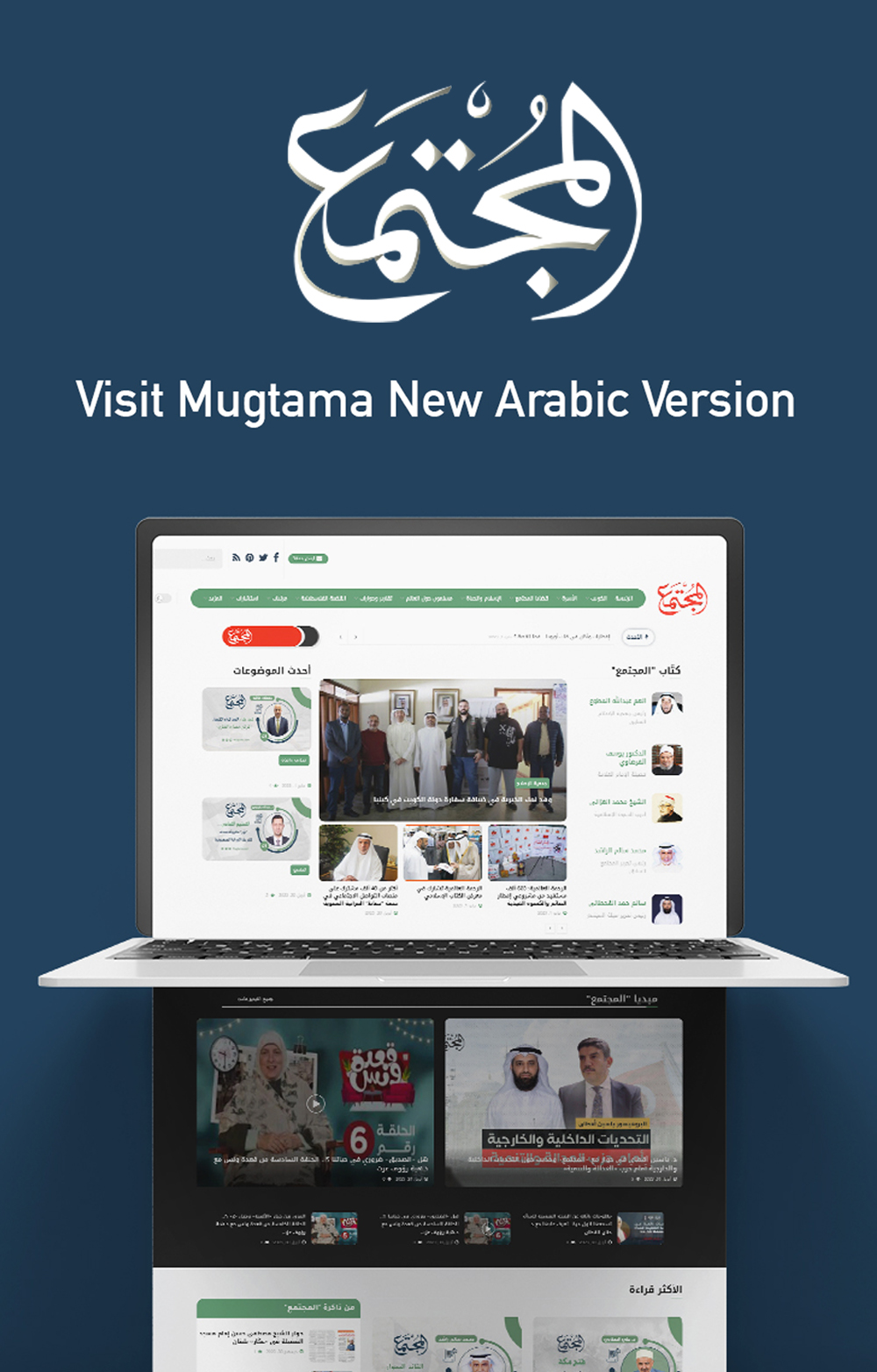It is to the credit of Saudi author Abdulrahman Munif, one of the pillars of modern Arabic narrative, that he focused in his literary works on the core values of human nature, foremost among them the value of freedom. In several works, he linked freedom with the rejection of prisons. He had a unique philosophy when defining prison, asserting that it is not just walls, torturers, and physical suffering but, above all, fear and terror that grip the prisoner’s heart upon learning of his fate even before entering the four walls.
This fear and terror that saturate the soul of the person destined for confinement prevent him from adjusting his behavior, let alone fostering creativity, as the authorities in charge of prisons claim. In reality, instilling fear and terror is a primary objective, part of the broader security goals focused on protecting the penal institution, especially in what are known as maximum-security prisons.
It must be said that prison is a painful and harsh experience for anyone afflicted by it. A person loses their freedom, and negative feelings accumulate within them, manifesting in various behaviors such as anger, aggression, and suicidal thoughts. However, the hope that fills the prisoner’s heart can be the light that illuminates the darkness of the cell, the fuel that nourishes positive energy, granting them the strength to confront hardships and challenges.
Historical records indicate that the experience of the Nazis in prisons was among the worst in human history. Dr. Mohamed Ezzeddin Tawfiq mentioned in his book The Islamic Foundation of Psychological Studies the story of Austrian psychiatrist Viktor Frankl, who was imprisoned in Nazi concentration camps.
It is well-known that, in preparation for world domination, Hitler and his party killed more than 60 million people and established camps that housed anyone opposing the party, along with criminals, the so-called outcasts like the Roma (gypsies), homosexuals, and disabled individuals who, in their view, consumed the nation’s resources without contributing to its economy—a method that defies even the lowest standards of humanity.
The Nazi camps witnessed all kinds of psychological and physical torture. According to available data, it seemed impossible for anyone to survive.
The pressing question for Viktor Frankl, a psychiatrist and concentration camp survivor, was: What kept some prisoners alive despite the suffering that exceeded all limits, while others resorted to suicide?
Frankl concluded in his book Man’s Search for Meaning that the primary reason some prisoners clung to life, despite the overwhelming physical and emotional abuse, was hope. Each prisoner who resisted the challenges envisioned reuniting with their spouses, children, friends, and loved ones.
The giant Alija Izetbegović also spent many years in communist prisons. He never weakened or wavered. Instead, he nourished his soul with hope, defied despair, and wrote his brilliant book Escape to Freedom, expressing his aspirations and dreams for the day he would be freed.
To understand the pure essence of hope, look at the six Palestinian prisoners sentenced to life imprisonment, including Zakaria Zubeidi and Mahmoud Al-Arda. They were held in the maximum-security Gilboa Prison, which is under intense surveillance and equipped with sensors that detect vibrations inside. Yet, driven by hope, they took action. A spoon in their hands turned into a mighty tool, and they executed a meticulously planned escape, proving to the world that there is no such thing as fantasy. Everything becomes a reality when it passes through the resolute Palestinian spirit. What was portrayed as fiction in the Palestinian series Al-Rooh (The Spirit) became a reality in The Great Escape from Gilboa Prison.
Indeed, hope is what drives the oppressed, whether free or imprisoned, to endure their miserable reality and cling to the fragile threads of life. However, hope alone is not enough. Many have been defeated by excessive doses of it. Hope must be accompanied by the prisoner’s understanding that hardships are a test from Allah, the All-Wise, intended to nurture patience and submission in all circumstances. Freedom can emerge from the womb of imprisonment, as in the case of Prophet Yusuf (Joseph, peace be upon him).
Hope becomes truly effective only with reliance on Allah and seeking His refuge, feeling His closeness in the midst of darkness. Furthermore, the certainty of a great reward from Allah for enduring hardships lightens the burden on the heart. The stronger the certainty in the heart, the less painful the hardship feels. As for those afflicted with the trial of imprisonment, those who are content will find divine pleasure, while those who are resentful will face anger. The successful are those who persevere and are rewarded as patient ones, choosing for themselves the best of fates!
-------------------------------------------------------------


